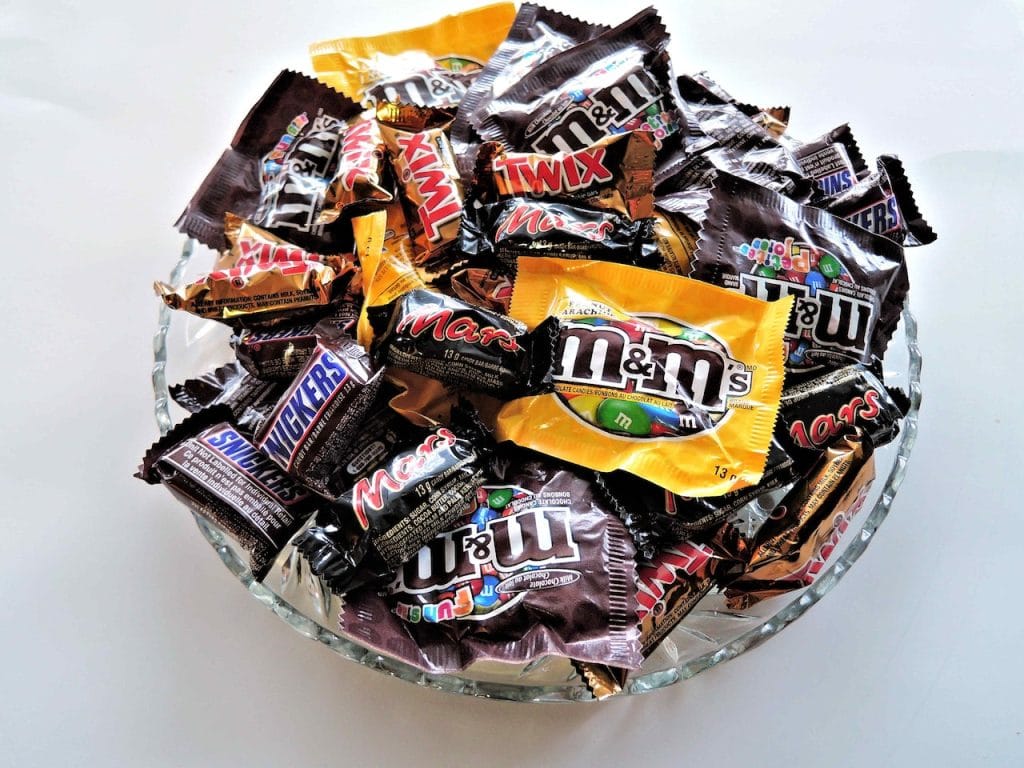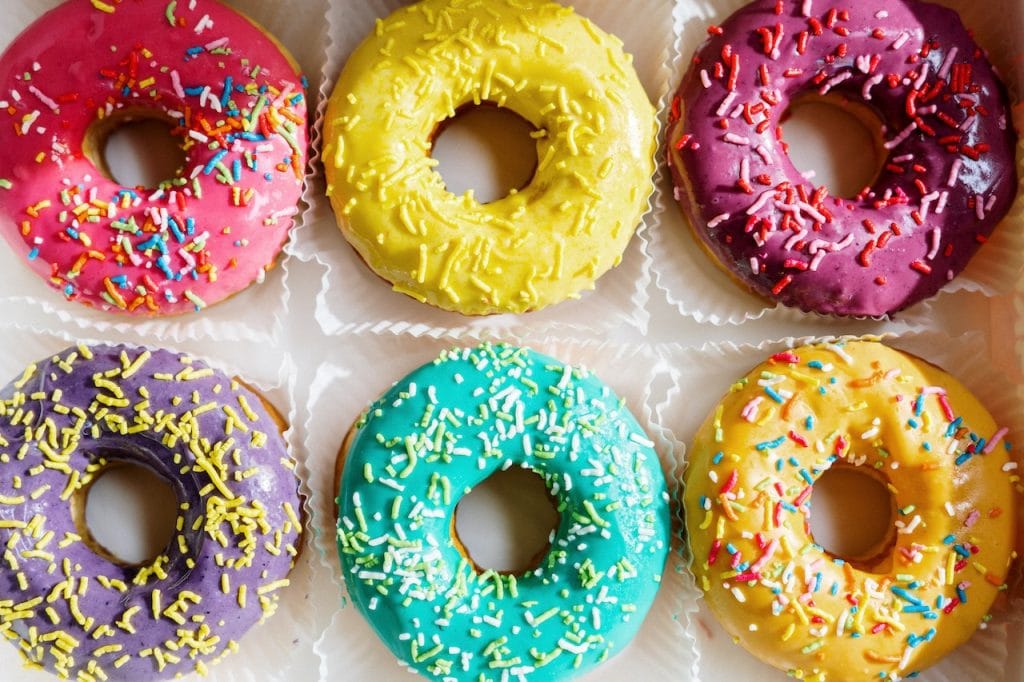Parents often prohibit their children from eating sweets before the main meal, as this can ruin their appetite. We decided to check the validity of such prohibitions.
Internet users often askIs it possible to curb your appetite with sweets? websites services questions And answers. Parents are discussing This question is on forums about children. Notes on this topic are written by specialized portals dedicated to nutrition and healthy way of life. You can also find on medical websites articles about the connection between eating sweets and appetite.
Sugar is a type of carbohydrate. You can find different types of it in food - from fructose contained in fruits and vegetables, to “added” sucrose in various prepared foods, including those very sweets that are believed to be an appetite suppressant. When a person consumes sugar (or other carbohydrates), the body converts it into energy for life.
To figure out whether eating sugar-containing foods can affect your appetite, you first need to understand what it even is. Don't confuse appetite with feeling hunger - the physiological need of the body for energy, which we receive from food. When our stomach is empty, the hormonal system signals to the brain that it needs to “refuel” in order to continue normal functioning. When food enters the stomach, hormones signal that everything is in order, and the feeling of hunger subsides. In turn, appetite is simply a person’s psychological desire to eat something tasty, and it is not always directly related to physical need.

Call loss of appetite There may be a number of factors, but they are all somehow related to the overall physical or psychological health of a person. Common causes include depression, cancer, HIV, and drug addiction. Also, appetite may disappear due to strong emotional experiences and stress. However, “Verified” was unable to find serious studies that consuming sugar-containing products can somehow affect appetite, not in any authoritative medical source. Moreover, specialists from the Pancreatic Cancer Action Network, a charitable organization specializing in the fight against pancreatic cancer, recommend Include sweet fruits in your diet between meals and add sugar to your meals to stimulate your appetite.
With hunger the situation is somewhat different. Sweets - such as candy or cakes - are simple (or fast) carbohydrates, that is, foods with high glycemic index. These carbohydrates spike your blood sugar levels and make you feel full for a short time. In response, our body begins to actively produce the hormone insulin, which helps convert sugar into energy. This leads to a sharp drop in blood sugar levels, which in turn causes an even stronger feeling of hunger. So, after eating a chocolate bar, after some time you may feel even hungrier than before.
Back in 1991, specialists from Johns Hopkins University (USA) conducted experiment: 20 young healthy men of normal weight and not dieting were fed two different feeding patterns. In both cases, they were given a three-course meal, but in the first stage of the experiment, sweets were the last of them, and in the second, the meal began with dessert. As a result, subjects ate 6% more calories when they were given sweets at the end. However, scientists considered this difference to be insignificant and emphasized that eating sweets before meals does not have a significant effect on the amount eaten.

In 2020, a group of scientists from the University of Southern California conducted study, which was attended by 69 people aged 18 to 35 years. They drank drinks sweetened with either sucrose (the “added” sugar typically found in candy or soda) or glucose (a type of sugar found in honey or grapes, for example). After this, the subjects gave blood samples. It turned out that after drinking drinks with sucrose, people released less hormones responsible for the feeling of fullness, that is, such drinks did not satisfy hunger and people, despite the calories they received, still continued to want to eat.
Moreover, if a person is thinking about his diet, eating dessert can actually slightly reduce the total number of calories he consumes. To this conclusion, for example, experts from the American Psychological Association came. They conducted an experiment on their employees and students. Everyone who came to the dining room was asked to choose a dessert - cheesecake or a plate of fruit. Moreover, some had to make such a choice before eating, while others - after. Those who chose cheesecake in advance ate a lighter lunch than those who chose fruit or were faced with this choice after eating. As the researchers concluded, despite the fact that dessert was not technically eaten before a meal, the very knowledge of it encouraged people to limit their overall caloric intake. But this hardly applies to children, who are usually scared by interrupting their appetite.
Thus, eating sweets before meals does not affect appetite as a psychological desire to eat something tasty. Lack of appetite is usually associated with serious health problems or emotional distress. As for the feeling of hunger, which is sometimes also called appetite, scientific research has not confirmed that eating candy or cookies before lunch can interrupt it. Of course, it is worth considering that if we are not talking about one candy, but about a full (in terms of the number of calories) meal, in which soup, main course and side dish are replaced with cake, you really won’t want to eat for some time, but this applies to any food of comparable volumes and calorie content.
Cover photo: Silvia Trigo
Mostly not true
Read on the topic:
- Is it true that if you eat a lot of sweets, you will develop diabetes?
- Is it true that sweets make children hyperactive?
- Is it true that sugar is addictive?
- Is it true that brown sugar is healthier than white sugar?
If you find a spelling or grammatical error, please let us know by highlighting the error text and clicking Ctrl+Enter.






